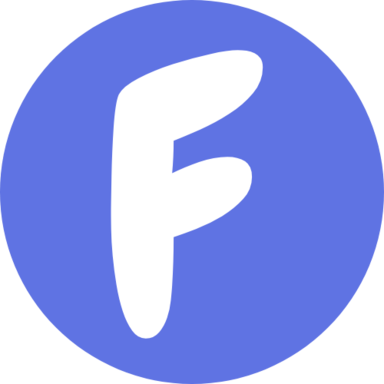Top Python Web Frameworks: Boost Your Development Efficiency

At 6/4/2023
According to the 2023 Developer Survey conducted by Stack Overflow, Python has emerged as the most desired programming language, surpassing JavaScript and Go in popularity.
The widespread adoption and success of Python can be observed from the fact that more than 152,000 websites, including renowned tech giants like Netflix, Instagram, Dropbox, and Pinterest, have been built using this versatile and high-level programming language.
With Python gaining significant traction among developers, there has been a surge in the number of Python frameworks aimed at simplifying the web application development process. In this blog post, we will explore twelve top frameworks that Python web developers can utilize to accomplish more with fewer lines of code.
Without further ado, let's dive in ☺☺!
Django:
Developed by experienced programmers, Django is a high-level, open-source web framework designed to facilitate the rapid and efficient development of complex data-driven websites and web applications. Adhering to the "Don't Repeat Yourself" (DRY) principle, Django eliminates much of the repetitive work involved in web application development, enabling developers to focus on building applications rather than reinventing the wheel. In a nutshell, Django is known for its exceptional speed, robust security measures, scalability, and versatility.

Flask:
Created by Armin Ronacher, Flask is a lightweight yet powerful micro-web application framework suitable for developing standalone applications. It is referred to as a micro-framework due to its minimalistic nature, lacking certain components such as specific tools and libraries, database abstraction layer, and form validation. Compared to Django, Flask is best suited for small and straightforward projects. Some notable features of Flask include a built-in development server, a fast debugger, support for unit testing, RESTful request dispatching, WSGI 1.0 compliance, HTTP request handling, and compatibility with Google App Engine.

Pyramid:
Pyramid is a full-stack Python framework that aims to achieve maximum functionality with minimal complexity. It stands out for its ability to work seamlessly with both small and large-scale projects. Furthermore, Pyramid offers a wide range of resources that can be leveraged to meet specific requirements. Key features of Pyramid include URL generation, function decorators, single-file applications, extensible configuration, templating, asset specifications, and flexible authentication and authorization mechanisms.

CherryPy:
CherryPy is an object-oriented, minimalist micro web framework that enables developers to incorporate CRUD (Create, Retrieve, Update, and Delete) functionalities into their applications. Unlike other frameworks, CherryPy comes with a reliable multi-threaded web server, eliminating the need for an Apache server to run applications developed using this framework. It is compatible with various operating systems that support Python, including PyPy, Jython, and even Android. Noteworthy features of CherryPy include a powerful configuration system, a flexible built-in plugin system, support for running on multiple HTTP servers simultaneously, built-in tools for coverage, profiling, and unit-testing, and out-of-the-box functionality for encoding, caching, and authentication.

Bottle:
Bottle is another intriguing Python framework categorized as a WSGI micro web-framework. Initially designed for building web APIs, this framework is simple, lightweight, and fast. It is distributed as a single file module with no external dependencies apart from the Python Standard Library. Bottle is best suited for developing small web applications with no special requirements, keeping the codebase under 500 lines. Key features of Bottle include a built-in HTTP server, ease of deployment as a single file, no external dependencies, plugin support for various databases, and support for forms, headers, cookies, and file uploads.

TurboGears:
Built on top of next-generation web frameworks like Django and Rails, TurboGears is an open-source full-stack web application framework designed to overcome the limitations imposed by other frameworks. With TurboGears, developers can rapidly create data-driven and extensible web applications in Python. It provides command-line tools, follows an MVC-style pluggable architecture, offers a designer-friendly template system, supports database sharding, integrates with SQLObject and SQLAlchemy, integrates with the MochiKit Javascript library, and provides a powerful and flexible ORM with multi-database support.

Web2Py:
Originally conceived as a hobby project, Web2Py is an open-source full-stack framework that empowers developers to quickly build portable, secure, and scalable database-driven web applications in Python. It takes a zero-dependency approach, meaning it requires no special installation or external dependencies, making it highly accessible and easy to set up.

